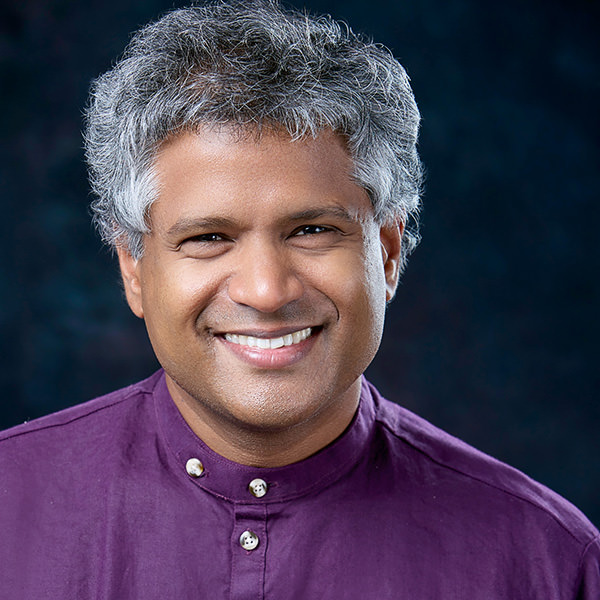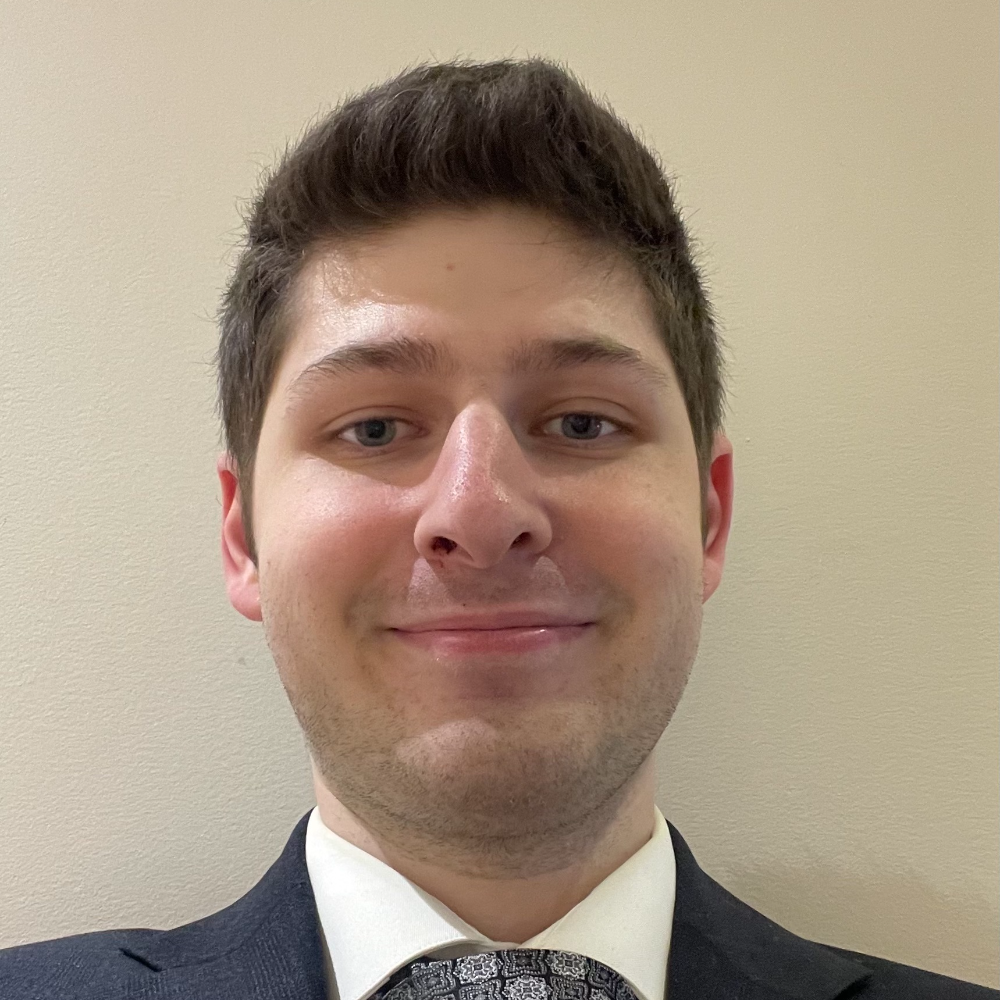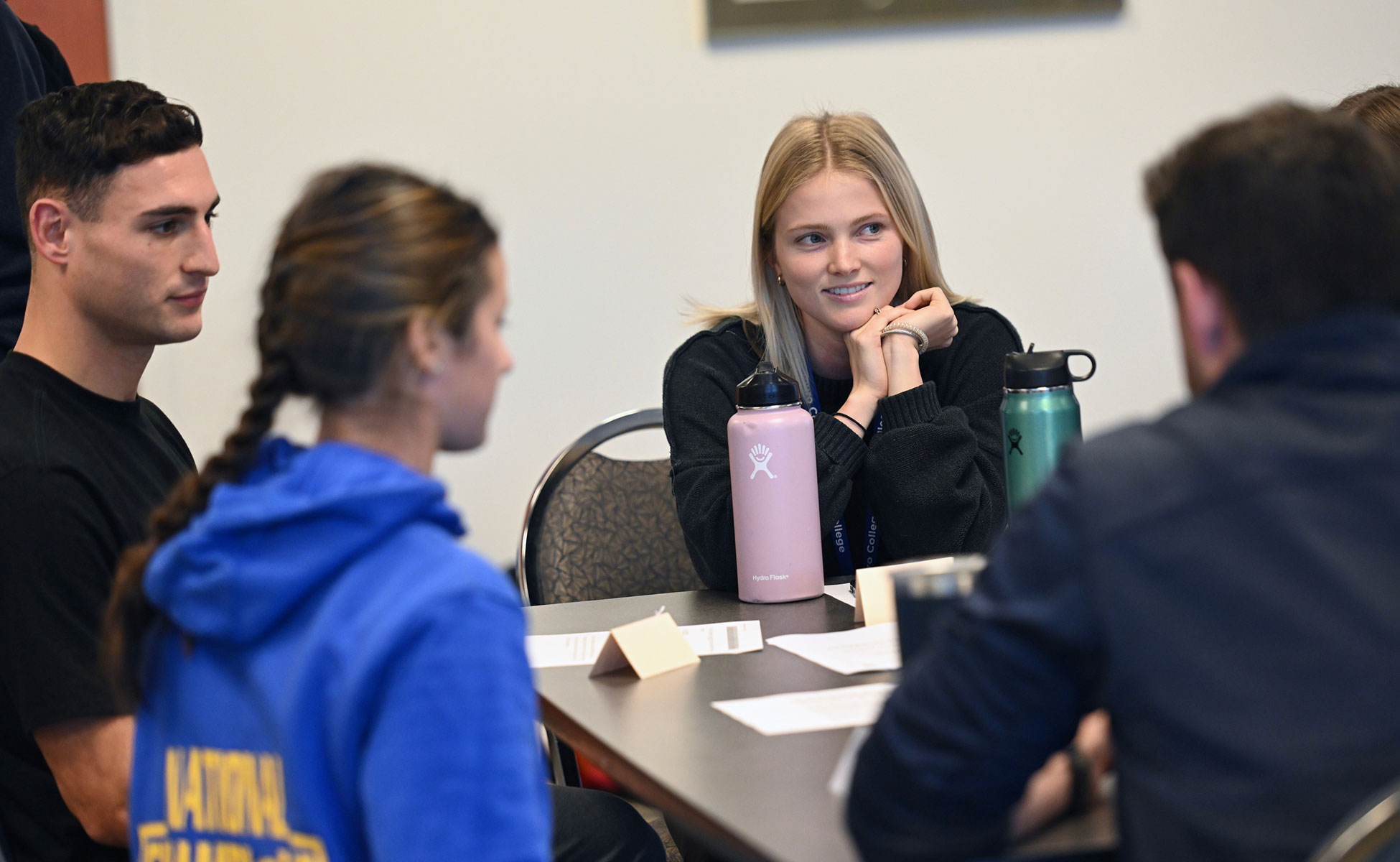The Trauma Research from International Perspectives (TRIP) is run by Dr. Nuwan Jayawickreme, whose research interests focus on the intersection of contextual factors, trauma, and mental health, with particular emphasis on understanding how context shapes the experience, assessment, and treatment of psychological distress in war-affected and displaced populations. His research examines context-specific variations in reactions to trauma and chronic stress, particularly in communities affected by ethnic conflict and civil strife, with extensive work conducted in Sri Lankan, Rwandan, and other international contexts.
Trained as a clinical psychologist with specialized expertise in evidence-based treatments for trauma and anxiety disorders, Dr. Jayawickreme's clinical background informs his research approach. He earned his Ph.D. in Clinical Psychology from the University of Pennsylvania, completed his predoctoral internship at Montefiore Medical Center, and received extensive specialized training during his seven years at the renowned Center for the Treatment and Study of Anxiety at the University of Pennsylvania School of Medicine. His clinical expertise includes evidence-based treatments for posttraumatic stress disorder (PTSD), obsessive compulsive disorder (OCD), social phobia, generalized anxiety disorder, and depression, with particular specialization in Prolonged Exposure Therapy for PTSD.
Dr. Jayawickreme's research is driven by the understanding that a complete picture of human distress—and the most effective approaches to assessment and intervention—requires consideration not only of biology and psychology, but also of context. His work addresses critical questions about how suffering is described, disclosed, and categorized across different contexts, and examines the implications for developing contextually valid assessment tools and interventions. Through innovative methodological approaches including network analysis, mixed-methods designs, and validation studies, his research bridges the gap between Western psychological models and the lived experiences of diverse populations affected by trauma.
As Director of the Trauma Research from International Perspectives (TRIP) Laboratory at Touro University, Dr. Jayawickreme leads a research program that has produced over 30 peer-reviewed publications and numerous international conference presentations. The TRIP lab's work has been supported by federal and international funding, including grants from the American Psychological Association, The Asia Foundation, and USAID. The lab's research has contributed to understanding post-conflict mental health, measurement equivalence across different contexts, resilience and post-traumatic growth, and the development of context-specific interventions.
This research program seeks to develop evidence-based approaches that are both scientifically rigorous and context-appropriate, with the ultimate goal of improving mental health services for underserved and marginalized populations globally. Dr. Jayawickreme's work emphasizes community-engaged research that involves collaboration with local partners and aims to produce findings that can be directly applied to improve the lives of trauma survivors and their communities.
Dr. Jayawickreme mentors graduate students in developing as practitioners-scholars who can contribute to context-appropriate clinical practice and research. Students in the TRIP lab have opportunities to engage in all aspects of the research process, from study design and data collection to data analysis using R to manuscript preparation and conference presentations.
Leadership

Nuwan Jayawickreme, PhD
Dr. Jayawickreme's areas of clinical research include contextual trauma and mental health, contextually adapted psychological assessment, and post-conflict recovery in war-affected populations.
Our Students in the Lab

Vanessa Visquerra, MHC-LP, NCC, MA, MS-ED
Hometown: Queens, NY
Undergraduate School: Long Island University - Post Campus, Greenvale, NY
Undergraduate Major: Psychology
Graduate School(s): St. John's University, Queens, NY, in Mental Health Counseling
Fellowship/Clinical Research Fellowship: Center for Traumatic Stress, Resilience, and Recovery (CTSRR), Northwell

Ellington Cooke, MA
Hometown: Ellicott City, MD
Undergraduate School: Roanoke College, Salem, VA
Undergraduate Major: Psychology
Fellowship/Clinical Research Fellowship: Queens College Counseling Center

Samantha Gieber, MA
Hometown: Wilsonville, OR
Undergraduate School: Hawaii Pacific University, Honolulu, HI
Undergraduate Major: Criminal Justice; Psychology
Graduate School(s): John Jay College of Criminal Justice, New York, NY
Fellowship/Clinical Research Fellowship: Metropolitan Detention Center Brooklyn

Amy McCaffrey, MA
Hometown: Beverly, MA
Undergraduate School: Adelphi University, Garden City, NY
Undergraduate Major: Molecular Neuroscience; Psychology
Fellowship/Clinical Research Fellowship: Hofstra Student Counseling Services

Maya Ran, MA
Hometown: Great Neck, NY
Undergraduate School: Fordham University, Bronx, NY
Undergraduate Major: Psychology
Fellowship/Clinical Research Fellowship: Gatewell Therapy Center

Adam Varnai, MA
Hometown: Teaneck, NJ
Undergraduate School: Rutgers - The State University of New Jersey, New Brunswick, NJ
Undergraduate Major: Psychology
Fellowship/Clinical Research Fellowship: Jewish Theological Seminary
Lab Partners
The TRIP lab collaborates with many scholars from other universities; this allows us to engage in meaningful interdisciplinary work that is informed by the knowledge of experts with a range of specialties. Here are some of our partners who we are working with currently on research projects:
- Eranda Jayawickreme, PhD – Wake Forest University, Winston-Salem, NC
- Stephen Schueller, PhD - University of California at Irvine, Irvine, CA
- S. Sivayokan, MBBS, MD – Department of Psychiatry, University of Jaffna, Sri Lanka
- Fiona C. Thomas, PhD – Toronto Metropolitan University, Toronto, Canada
Current Projects
- The nature of rumination and its relationship to depression and PTSD in war survivors
- Does the relationship between adversity and psychological growth follow an inverse-U shaped curve?
- Does the type of daily stressors associated with mental health problems differ during vs. post conflict?
- Developing a web-based app for treating war survivors with mild and moderate mental illness


